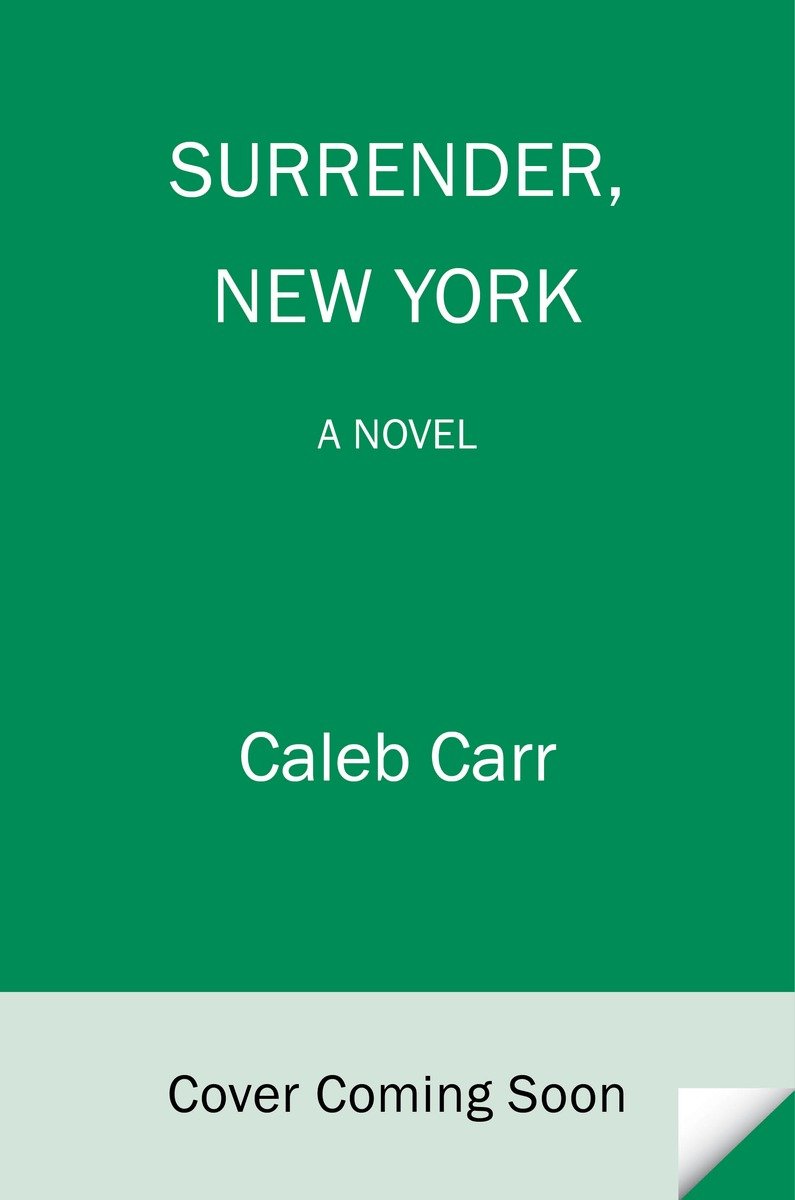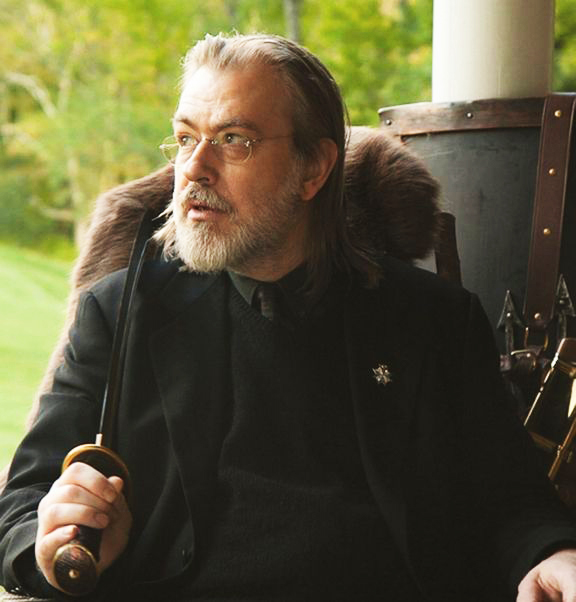A number of very helpful website visitors have informed me that further information about Caleb Carr’s new novel Surrender, New York now appears on Amazon and the Penguin Random House website. Listed as a thriller and suspense novel, Mr. Carr describes his new work as “essentially a modern application of the principles and theories of Dr. Laszlo Kreizler to criminal behavior, especially that directed at children.” The novel’s full synopsis can be found below.
Caleb Carr, #1 New York Times bestselling author of The Alienist and The Angel of Darkness, returns with a contemporary, edge-of-your-seat thriller featuring Dr. Trajan Jones, a criminal psychologist—and the world’s leading expert on the life and work of one Dr. Laszlo Kreizler, the hero of The Alienist, in whose brilliant but unconventional footsteps he follows.
In the small town of Surrender in upstate New York, Trajan Jones, a psychological profiler, and Dr. Michael Li, a trace evidence expert, teach online courses in profiling and forensic science from Jones’s family farm. Once famed advisors to the New York City Police Department, Trajan and Li now work in exile, having made enemies of those in power. Protected only by farmhands and Jones’s unusual “pet,” the outcast pair is unexpectedly called in to consult on a disturbing case.
In rural Burgoyne County, a pattern of strange deaths has emerged: adolescent boys and girls are found murdered in gruesome fashion. Senior law enforcement officials are quick to blame a serial killer, yet their efforts to apprehend this criminal are peculiarly ineffective.
Jones and Li soon discover that the victims are all “throwaway children,” a new state classification of young people who are neither orphans, runaways, nor homeless, but who are abandoned by their families and left to fend for themselves. Two of these throwaways, Lucas Kurtz and his older sister, cross paths with Jones and Li, offering information that could blow the case wide open.
As the stakes grow higher, Jones and Li must not only unravel the mystery of how the throwaways died, but also defend themselves and the Kurtz siblings against shadowy agents who don’t want them to uncover the truth. Jones believes the real story leads back to the city where both he and Dr. Kreizler did their greatest work. But will they be able to trace the case to New York before they fall victim to the murderous forces that stalk them?
Tautly paced and richly researched, Surrender, New York brings to life the grim underbelly of a prosperous nation—and those most vulnerable to its failings. This brilliant novel marks another milestone in Caleb Carr’s triumphant literary suspense career.
Surrender, New York is now available for pre-order and is due for release on August 23, 2016.




